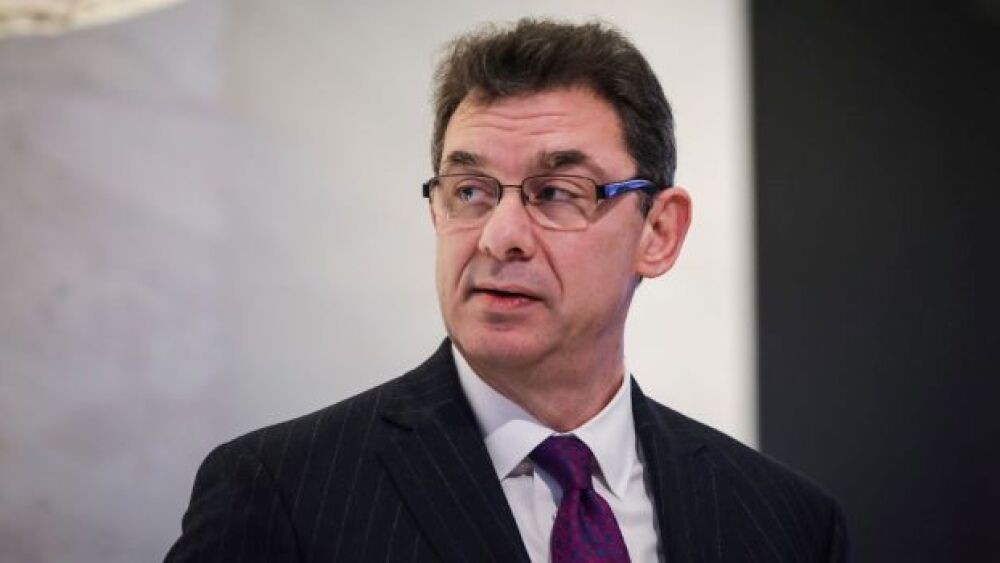On Thursday, Pfizer Chief Executive Officer Albert Bourla who is “not at all” in favor of the U.S. position, stated that the real challenge is manufacturing capacity.
Drew Angerer/Getty Images
After the Biden administration signaled support on Wednesday for a proposal that would temporarily waive intellectual property (IP) rights on COVID-19 vaccines to accelerate access for poorer countries, pharmaceutical leaders were quick to point out that, among other problems, such a waiver would likely not work.
On Thursday, Pfizer chief executive officer, Albert Bourla, who is “not at all” in favor of the U.S. position, stated that the real challenge is manufacturing capacity.
“We should focus our efforts in what we can build right now, and that is enough capacity to produce billions of doses. The problem is that there are no facilities in the world outside the ones that we can build ourselves, that can make mRNA vaccines,” said Bourla, in reference to the technology behind the Pfizer/BioNTech and Moderna vaccines.
The proposal, introduced in October by South Africa and India and backed by some 100 countries, would suspend certain aspects of the World Trade Organization (WTO)’s current Agreement on Trade-Related Aspects of Intellectual Property Rights (TRIPS). This would ostensibly serve to make it easier for developing nations like India, the current epicenter of the crisis, to manufacture or import COVID-19 vaccines, diagnostics and therapeutics.
Stanford law professor Lisa Ouellette told BioSpace that an IP waiver would not help with India’s current crisis.
“It’s not going to rapidly increase supply because even if the original manufacturer of the vaccine helps that new company actively transfer the technology, it takes time to get the manufacturing up and running,” Ouellette said. “It could help a few months from now, depending on what happens with technology transfer from the originator companies.”
Moderna Chief Executive Officer Stéphane Bancel was unconcerned in a first quarter earnings call on Thursday, while announcing that his company was increasing the 2021 supply forecast for its vaccine to between 800 million and 1 billion doses and up to 3 billion in 2022.
“I didn’t lose a minute of sleep over the news during the night,” the biotech boss told analysts on the call.
“There is no mRNA in manufacturing capacity in the world,” Bancel continued. “This is a new technology. You cannot go hire people who know how to make the mRNA. Those people don’t exist. And then even if all those things were available, whoever wants to do mRNA vaccines will have to buy the machine, invent the manufacturing process, invent verification processes and analytical processes.”
In other words, Moderna, whose stock closed down by 1.44% on Thursday, will be just fine.
A longer-term concern for drug makers like Moderna and Pfizer in possession of novel technology like mRNA could be that once the genie is out of the bottle, it is difficult from an IP perspective, to put it back in.
Thomas Kowalski, an attorney specializing in intellectual property law at Duane Morris, asserted that the U.S. government must guard against allowing foreign companies to use COVID-19 vaccine makers’ technology to compete in areas outside of COVID-19. Kowalski said that once a competitor has the technology, restrictions on its use are difficult to enforce.
Moderna’s pipeline consists of mRNA-based vaccines against HIV, influenza, and cancer, along with Intratumoral Immuno-Oncology assets for solid tumors and lymphoma.






